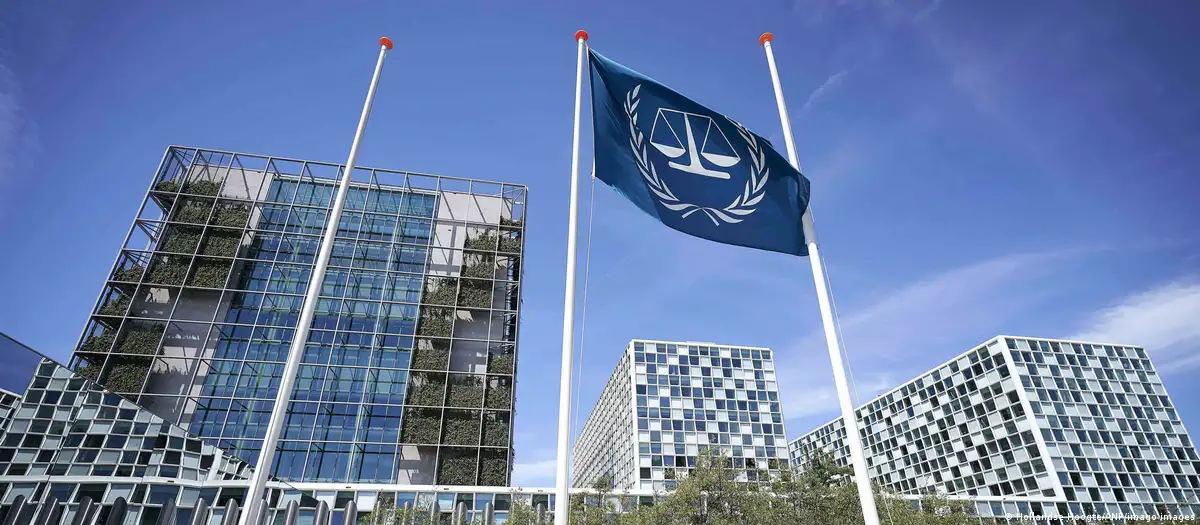Ministry of Justice argued that Russia’s previous extradition request has already been approved by the Supreme Court. The man is accused of using a fake Brazilian identity for ten years to spy for the Kremlin.
(DW) The Brazilian government rejected a request made by the US government in April this year to extradite an alleged Russian spy arrested in Brazil, who is also the target of an extradition request made by Russia.
Serguei Vladimirovich Cherkasov was arrested in April 2022 by Dutch authorities when he used a fake Brazilian passport, under the name Viktor Muller Ferreira, to take up a position as a junior analyst at the International Criminal Court (ICC) in The Hague – which investigates war crimes charges in Ukraine.
Dutch authorities concluded that Cherkasov was an agent of Russia’s military intelligence service who had lived abroad for years in disguise with the aim of developing a completely new identity.
Cherkasov was deported to Brazil, where he was arrested and indicted for using a false document – in July 2022, he was sentenced in the first instance by the Federal Court to 15 years in prison, and is being held in Brasilia. He continues to be investigated for the crimes of espionage, money laundering and corruption.
Extradition request also from Russia
The announcement that Cherkasov will not be extradited at this time was made by Justice Minister Flávio Dino on Twitter. “As for the Russian citizen Serguei Vladimirovich Cherkasov, I clarify that the technical opinion of the Ministry of Justice, regarding two extradition requests, is based on treaties and law 13.445/2017. At the moment, the citizen will remain imprisoned in Brazil, “wrote Dino.
In a note, the Ministry of Justice clarified that it had considered the extradition request made by the United States unfounded, “since the accused already has an extradition request approved by the STF”.
The agency refers to an extradition request made last year by Russia, already authorized by the Supreme Court, whose execution depends on the completion of the investigations against him in Brazil and authorization by the Executive Branch.
Russia’s extradition request states that he is wanted in the country for drug trafficking.
Charges of espionage and fraud in the US
The U.S. Justice Department has charged Cherkasov with illegally acting as an agent of a foreign power while he was in the United States. Authorities said that while a student in Washington, he collected information on unidentified Americans, which he passed on to his handlers.
In addition to espionage, the Russian was also indicted by US authorities on visa fraud, bank fraud, wire fraud and other charges stemming from his activities in the US.
According to the US press, the FBI suspects that the Russian used a fake Brazilian identity for ten years to spy for Moscow in different countries.
“Best feijoada in Brasilia”
When deporting Cherkasov to Brazil last year, the Dutch Interior Ministry published on its website a four-page document presenting the alleged spy’s fictitious biography as a Brazilian citizen.
Dutch authorities say the document was probably written in the mid-2010s by Cherkasov himself, to help him memorize the details of his fictitious life.
In the text, he says he was born on April 4, 1989, in Niterói, in the state of Rio de Janeiro, and describes his personal life troubled by financial difficulties and paternal abandonment.
The document, with many Portuguese errors, also details a club where he liked to listen to electronic music and talks about his favorite restaurant in Brasilia, which has “the best feijoada in town”.
“Cherkasov used a well-constructed front identity, by which he hid all his ties to Russia in general, and to the GRU in particular,” the Dutch Interior Ministry statement said at the time. Dutch authorities also said that if he had worked at the ICC, he could have accessed “highly valuable” information within the court’s investigation into war crimes in Ukraine, or even influenced criminal proceedings at the court in The Hague.
According to Brazilian police, Cherkasov assumed the false identity of a Brazilian whose parents had died, and lived in Ireland and the United States for several years, adding that he had returned to Brazil to prepare his move to the Netherlands. Cherkasov allegedly used his fake passport to enter and leave Brazil at least 15 times between 2012 and 2022.
